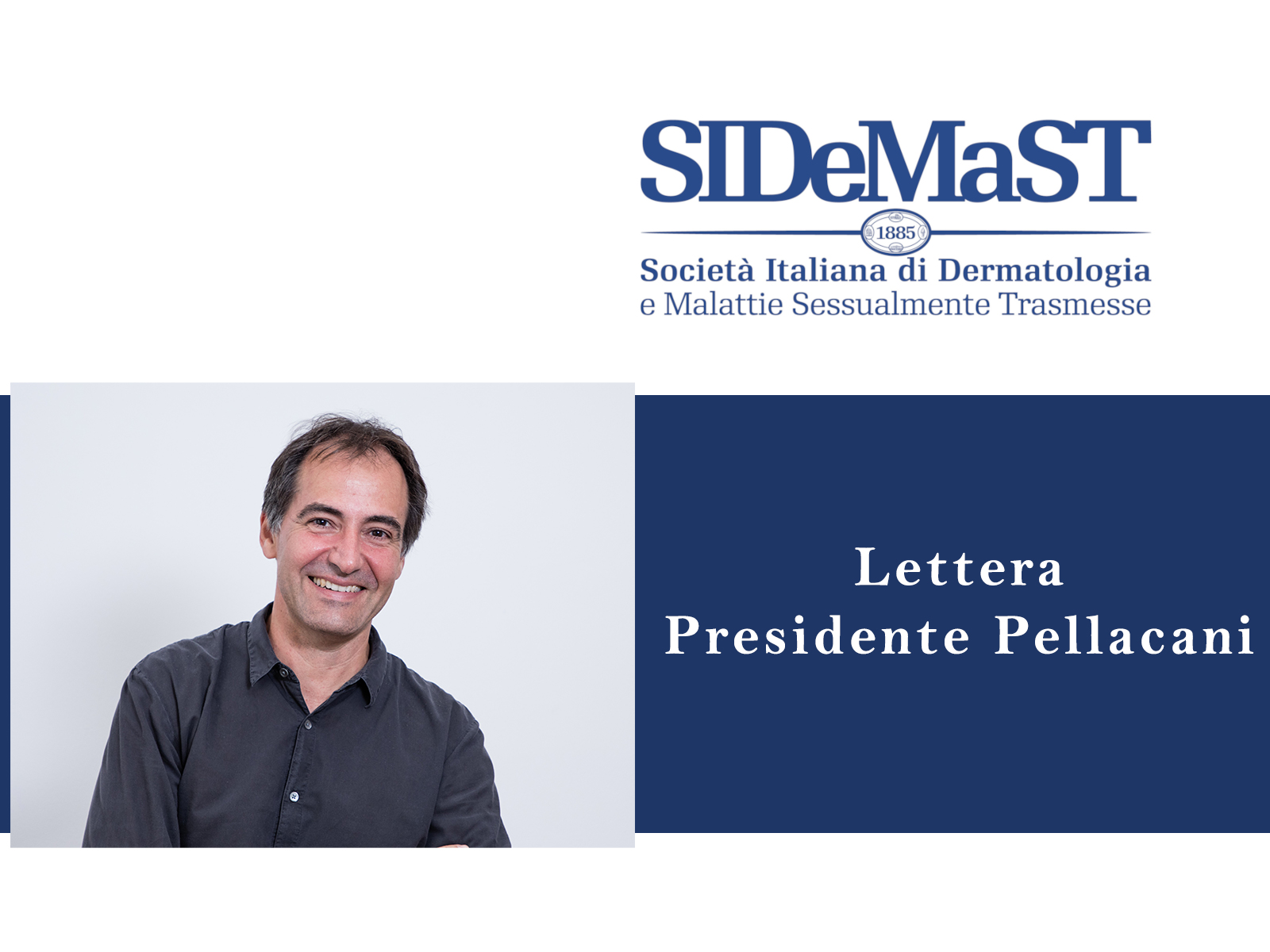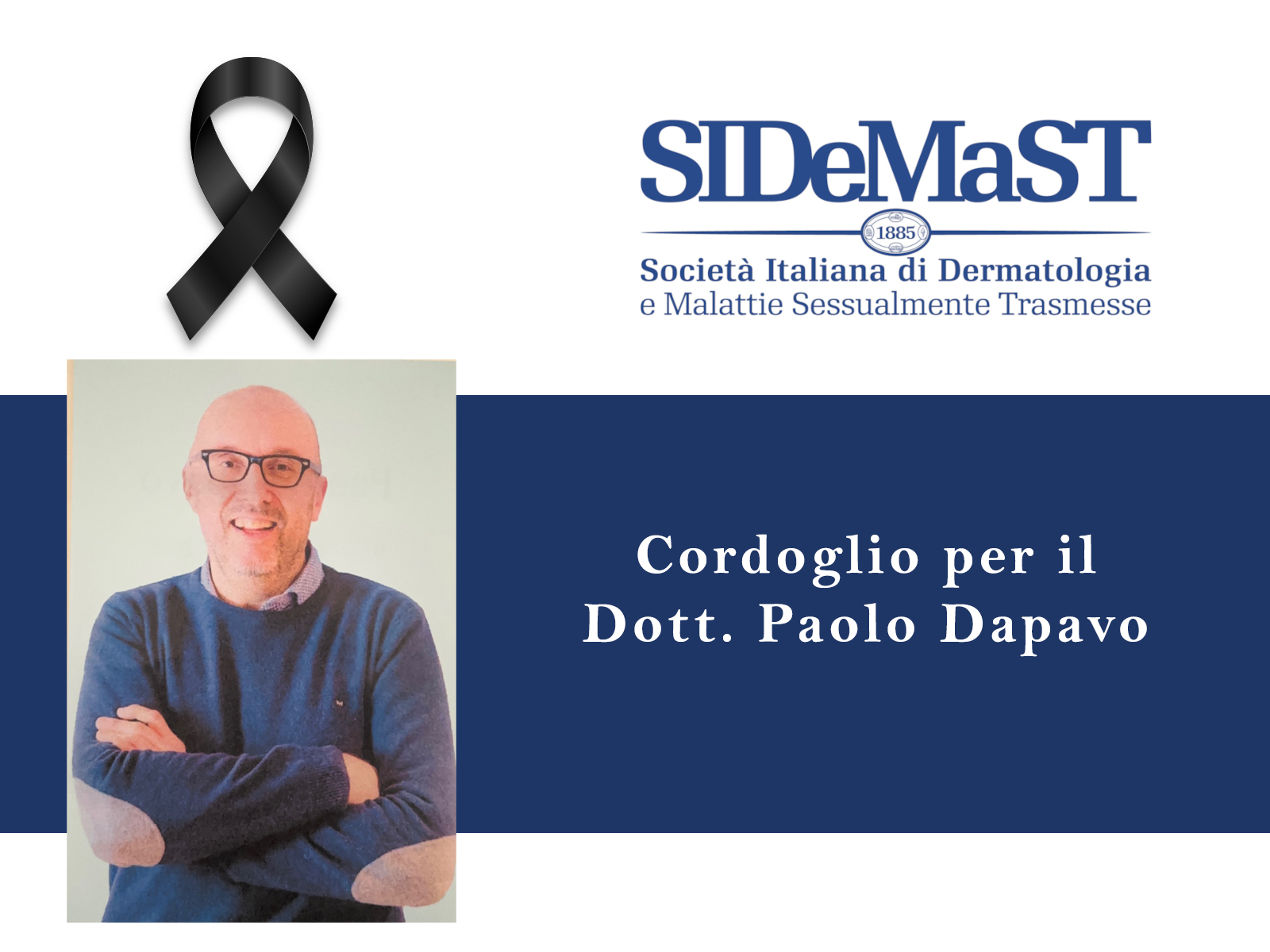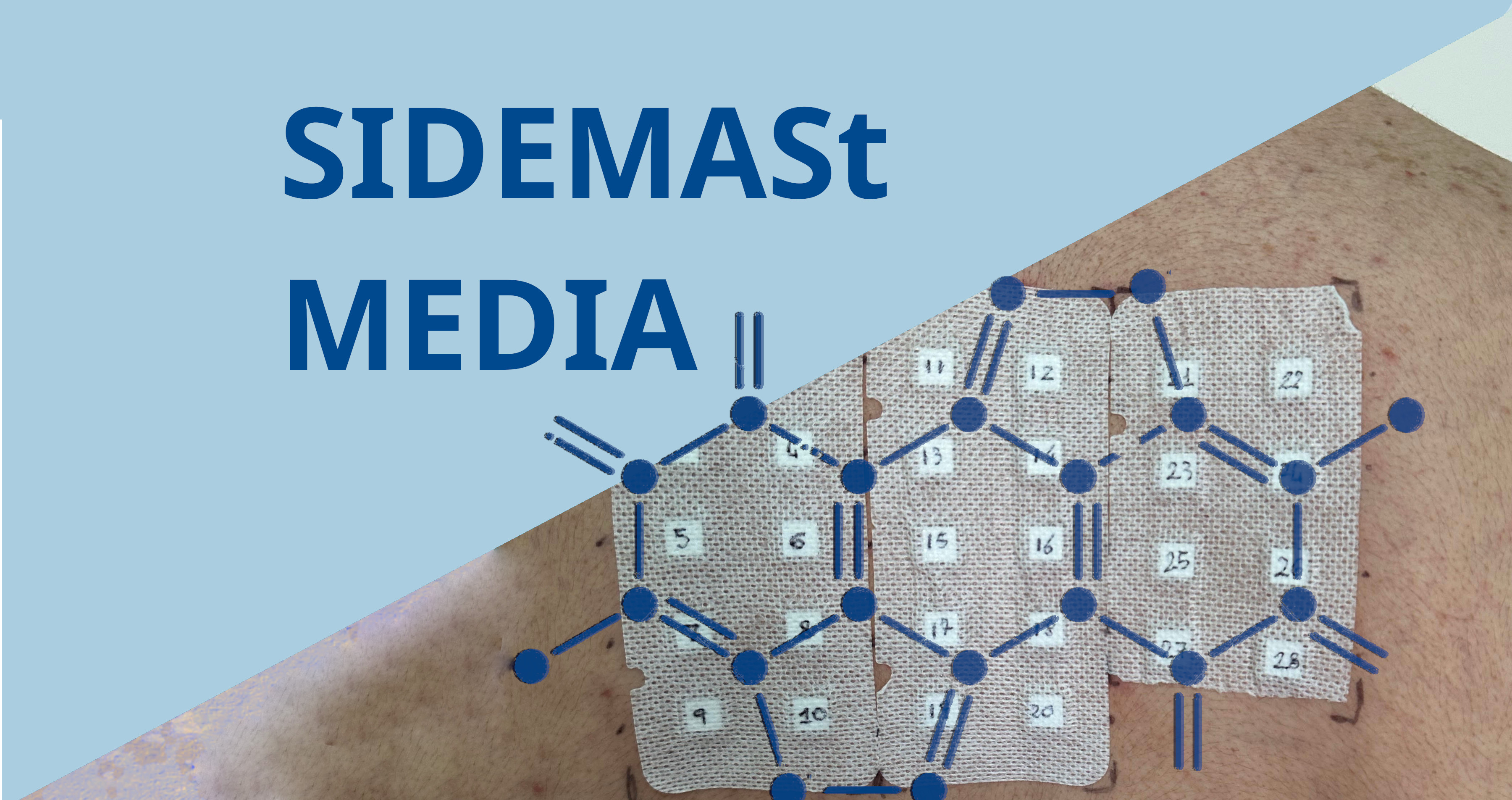Three out of four patients treated with an experimental combination of 3 different therapies for metastatic Merkel cell carcinoma are in complete remission following the treatment, according to study that will be presented on June 5 at the 2017 Annual Meeting of the American Society of Clinical Oncology (ASCO).
The trial combined a form of T-cell therapy, a checkpoint inhibitor (avelumab), and either radiation or interferon.
“We’ve got the tumour and we upregulate [a certain protein] to throw some kindling on, and then we put the T cells in to light the match, and then we put the checkpoint blocker in to fan the flames,” said Kelly Paulson, MD, Fred Hutchinson Cancer Research Center, Seattle, Washington.
The small study of 4 patients built off a previous study, also of 4 patients, that tested a double combination of just T-cell therapy and radiation or interferon. The patients in that study did not fare as well -- 3 of them saw their cancer progress, and 2 of those patients have since died.
In the current study, the addition of avelumab seems to have kicked the T cells into high gear, said Dr. Paulson. The researchers tracked the cells in the patients’ bodies and saw that the immune cells travelled from the bloodstream, where they are administered, to the tumours. The cells stayed at the tumour sites for months, even when the tumour was no longer clinically detectable.
All 4 patients who received this triple therapy saw their cancer shrink in response; 3 of them are now in complete remission. The researchers have followed the patients for a median of 12 months since the start of the trial.
Although the trial of triple therapy was small, the researchers didn’t see any unexpected side effects from the therapy. As the researchers expected, patients experienced lymphopenia and cytokine release syndrome (although none required admission to the intensive care unit).
All patients in the 2 trials had metastatic cancer. Because the majority of Merkel cell carcinomas are caused by the Merkel cell polyomavirus, only patients who already had T cells that reacted to the viral protein were eligible.
SOURCE: Fred Hutchinson Cancer Research Center








